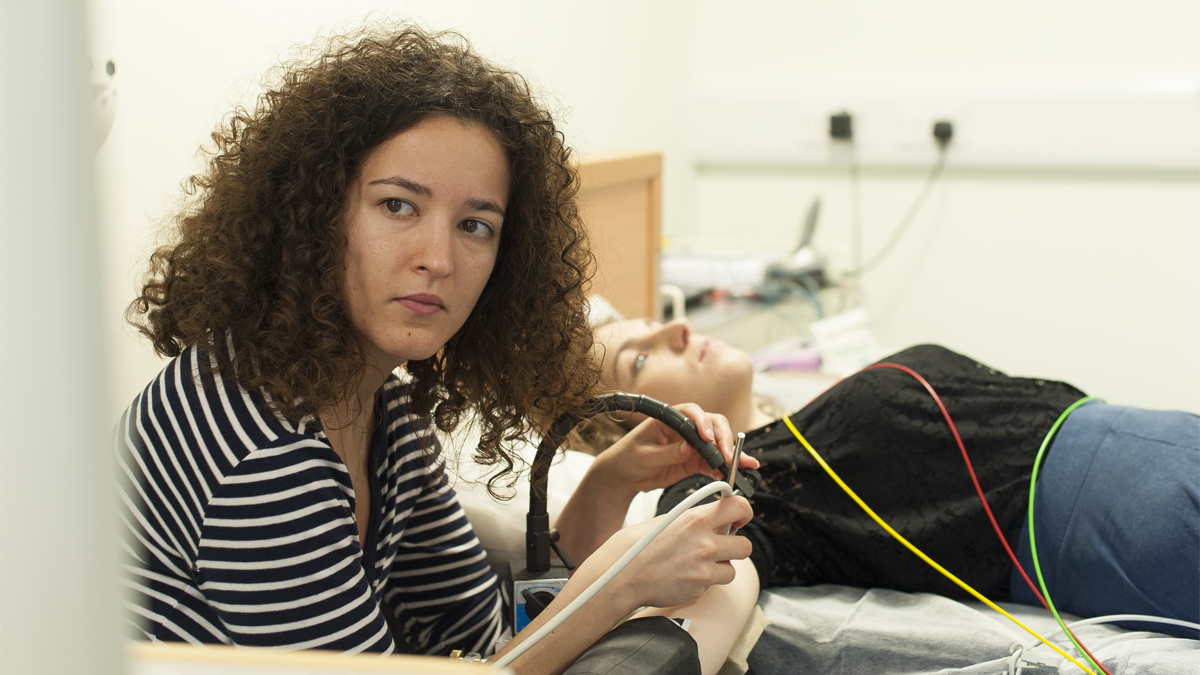
The University of Reading is a world authority on nutrition, food chemistry, chemical engineering, microbiology, and food law.
Join us and study in one of the UK's largest food and nutritional sciences departments and benefit from our extensive range of dedicated food and nutrition teaching facilities.
Our staff are actively engaged in world-class research and will tailor their teaching to reflect changing trends and emerging technologies within the sector.






